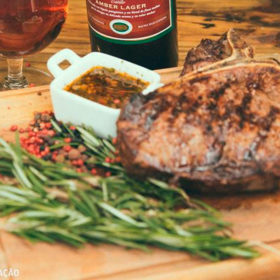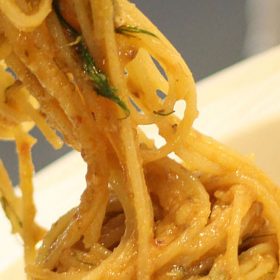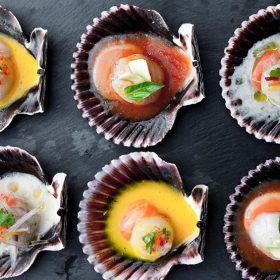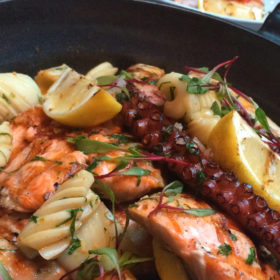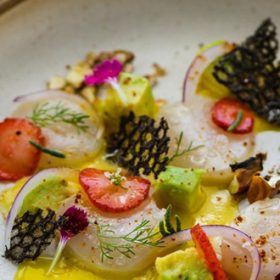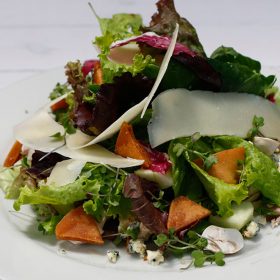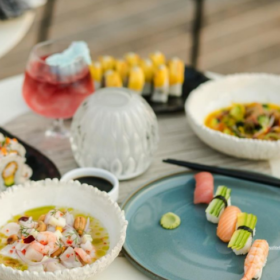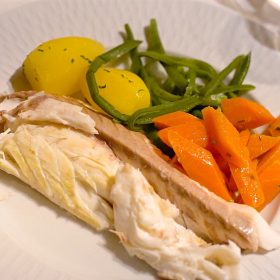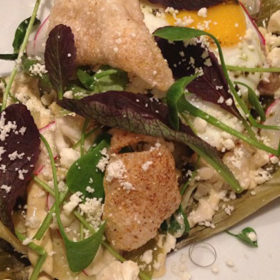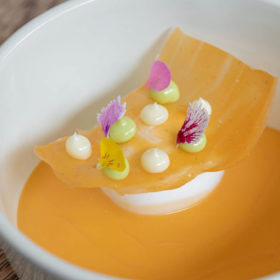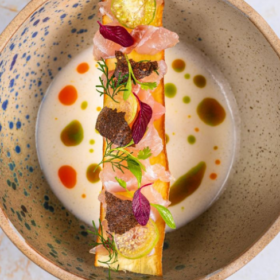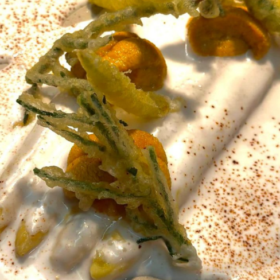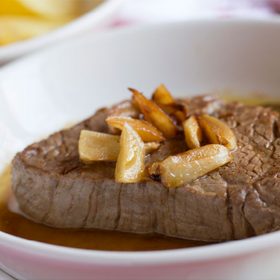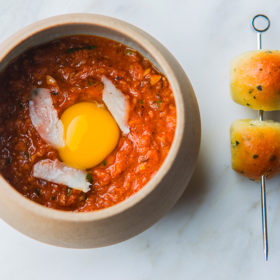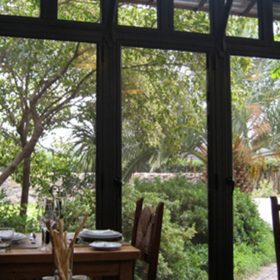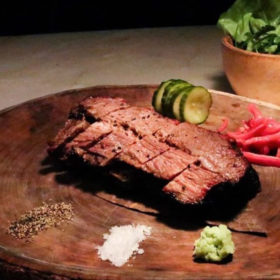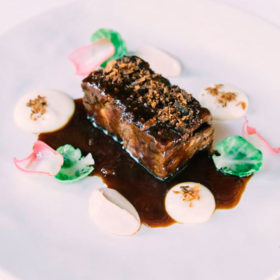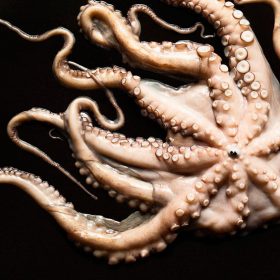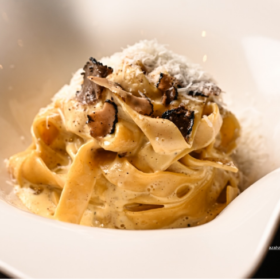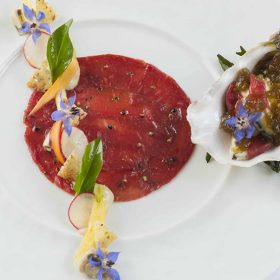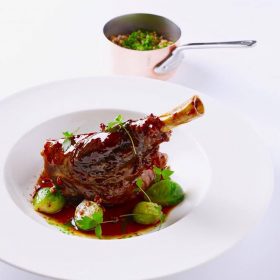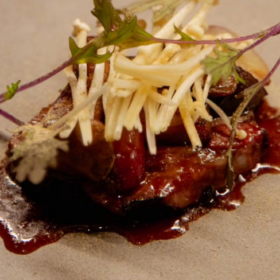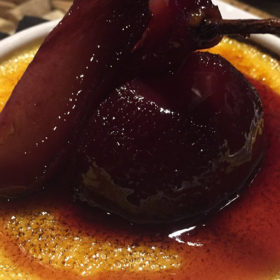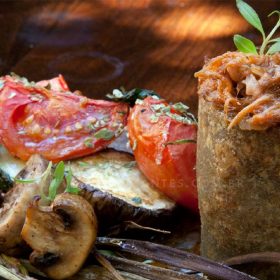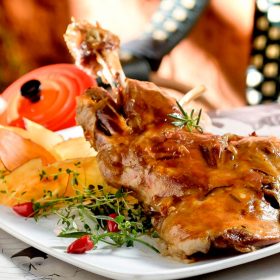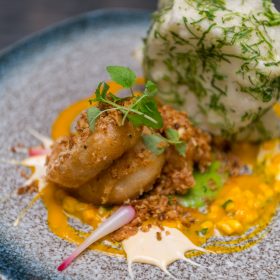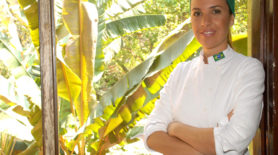Most diners, whether they enjoy foie gras or denounce it, recognize it as part of a centuries-long tradition that originated in France. But in fact, scholars believe that ancient Egyptians noticed that many migrating wild geese and ducks “force-feed” themselves before they travel long distances. Wild ducks can double their weight by stocking fat in their livers, which they use for energy when they have to fly nonstop for hours.
The demand for foie gras changed too. Originally a luxury item available only seasonally, when it was natural for the birds to fatten up, it became a daily staple on many French restaurant menus. From the early 1980s to 2005, the demand for foie gras in the United States grew from nearly zero to 420 tons per year. Historically, geese were the main suppliers of foie gras, but now ducks bear most of the burden of its production, because they are easier and cheaper to raise.
Is there a way for those who love the delicacy to enjoy it humanely?
Some chefs think so. They believed that, given the birds’ natural tendency to chubby up to two or three times their normal weight for winter, letting them eat all they want during that time period would not be inhumane. Yet this proved harder than one would think. Geese that were born and bred in captivity had no desire to stuff themselves for winter. Raised on corn, they also had no interest in their once-natural foods, like figs. It seemed that, for the birds to activate their normal seasonal feeding habits, they would have to be raised in the wild, to build their own nest or watch their parents gobble up food. They would have to somehow sense that they needed to store up some energy in the form of fat. The incubator-hatched, human-reared geese had lost that instinct.
Nonetheless, some farmers had success with producing ethical foie gras. Ethical foie gras pioneer Eduardo de Sousa makes his products by feeding his free-range, naturally fed animals foods they would have found in the wild—figs, nuts, acorns, and olives. Raised on his farm in Spain, the birds eat only as much as they choose and they only do so seasonally. According to de Sousa, the food seems good enough that the wild geese fly in from outside his farm to stay for the winter.
The French Professional Committee of Foie Gras Producers questioned whether Sousa’s product could be even called foie gras since it wasn’t produced by force-feeding, but nonetheless, it won the “best foie gras” award at the Paris International Food Salon in 2006. Perhaps foie gras won’t disappear from menus entirely, but will go back to being a seasonal delicacy, in sync with the nature’s cycles and the wild birds’ appetites.
This article was originally published on JSTOR Daily.
Font: https://qz.com/


